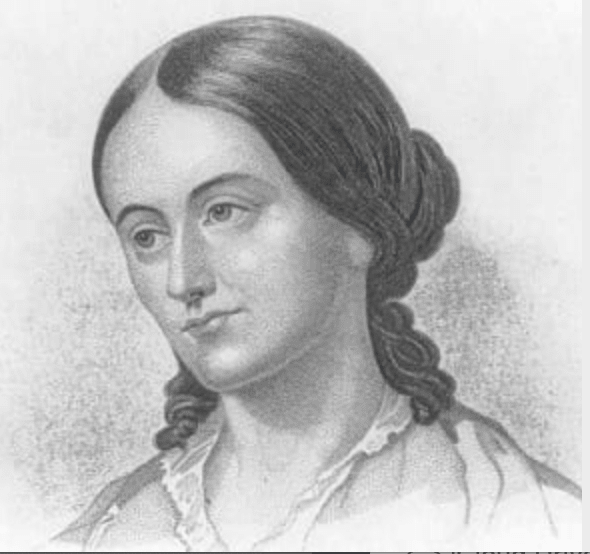Do you ever feel sad
when you lose a word?
Do you ever try
and call it back like
calling in the sea?
Or a dream.
Do you remember waking up
in your own bed
at the end of a family road trip,
knowing someone carried
and tucked you in
the night before?
That is youth,
whirred asleep
in the car. Beyond,
a new day.
Now, we write the poem
for our future best friend
who is already leaving
in the earlysun.
How long should I stay
at the front door waving?
I can’t explain the shift of seasonal winds
but I do know this:
The Arabic root
جَوّ
creates weather
and one more letter
جَوّيّ
makes weather conditions.
Two more accents—
a dash below and above—
جَوِيَ
brings us to the state of being
intensely moved
by love
or grief.
How closely we flirt
with our extremes,
breathing between
the multitude
of our meanings.
And yet, the same origin.
And yet, saved alarms remind us
of the lives
we used to wake for.
Remember the space
once filled
by a lover’s yawning—
forgive me, do you mask
the people in your dreams?
After the longest day of the year,
the sun starts shedding
itself of minutes. And what did we do
in the final suntune?
Did we crawl
on our hands and knees
to pick up cereal
off the kitchen floor?
Or did we touch?
Did we meet
in the wind chimes?
Blow in through open windows—
becoming
every person
within us.
Multitudes
Do you ever feel sad when you lose a word? Do you ever try and call it back like calling in the sea? Or a dream. Do you remember waking up in your own bed. at the end of a family road trip, knowing someone carried and tucked you in the night before?
